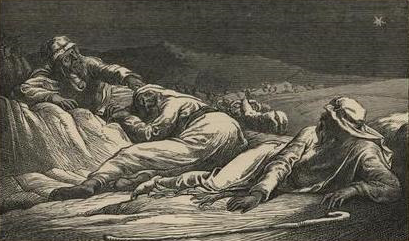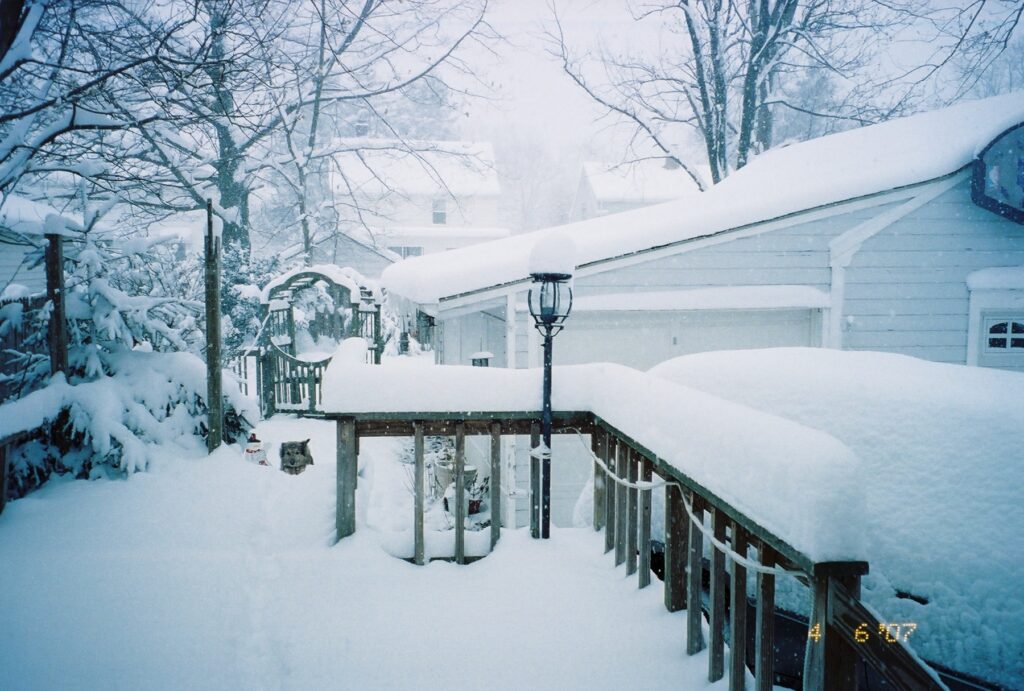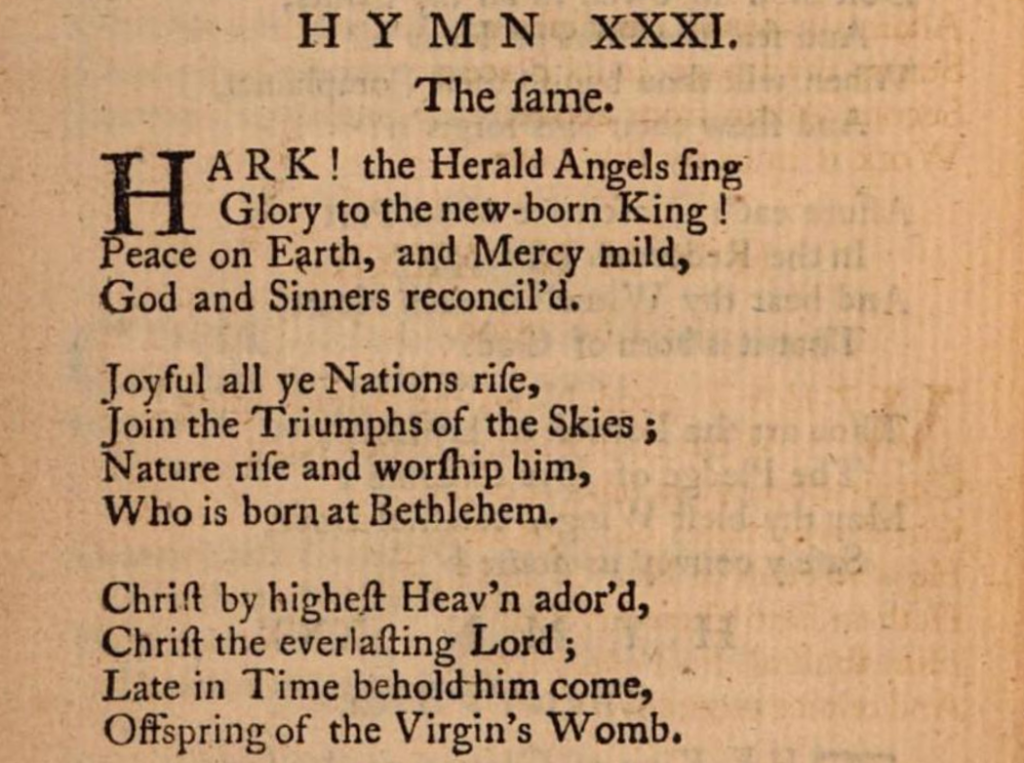And finally . . .
We have arrived at the Twelfth Day: January 5, the traditional Epiphany Eve.1 “The First Nowell” seems to be the perfect choice to close our activity for this year.

We associate this carol with Christmas, but if you go through the whole thing you’ll see that it takes us to Epiphany, hence my scheduling it today. 2 That becomes especially clear if we sing (as we will) All! Six! Verses!
“Nowell” (of the many spellings) means Christmas, so the “first Nowell the angels did say” was their first announcement. Other hymns talk about about “singing Nowell”; same idea.
And now, let’s close out the Twelve Days by singing Nowell ourselves:
The first Nowell the angel did say
Was to certain poor shepherds in fields as they lay;
In fields where they lay keeping their sheep
On a cold winter's night that was so deep.
Refrain:
Nowell, Nowell, Nowell, Nowell,
Born is the King of Israel.
They looked up and saw a star
Shining in the east beyond them far:
And to the earth it gave great light,
And so it continued both day and night.
(Refrain)
And by the light of that same star,
Three Wise Men came from country far;
To seek for a King was their intent,
And to follow the star wherever it went.
(Refrain)
This star drew nigh to the north-west;
O'er Bethlehem it took its rest;
And there it did both stop and stay
Right over the place where Jesus lay.
(Refrain)
Then entered in those Wise Men three,
Full reverently upon their knee,3
And offered there in His presence
Their gold and myrrh and frankincense.
(Refrain)
Then let us all with one accord
Sing praises to our heav'nly Lord
That hath made heav'n and earth of nought,
And with His blood mankind hath bought.
(Refrain)
Look for a final blog post providing links to the pages of all twelve days. But today I’ll close by simply wishing Nowell blessings to you and yours!
Not sure what this is about? Click here!
Join us at https://lavezzi.us/ on each of the Twelve Days of Christmas to join in this virtual sing-along. Care to be a serial singer? Here you go:
- Here is the song from the First Day of Christmas.
- Here is the song from the Second Day of Christmas.
- Here is the song from the Third Day of Christmas.
- Here is the song from the Fourth Day of Christmas.
- Here is the song from the Fifth Day of Christmas.
- Here is the song from the Sixth Day of Christmas.
- Here is the song from the Seventh Day of Christmas.
- Here is the song from the Eighth Day of Christmas.
- Here is the song from the Ninth Day of Christmas.
- Here is the song from the Tenth Day of Christmas.
- Here is the song from the Eleventh Day of Christmas.


